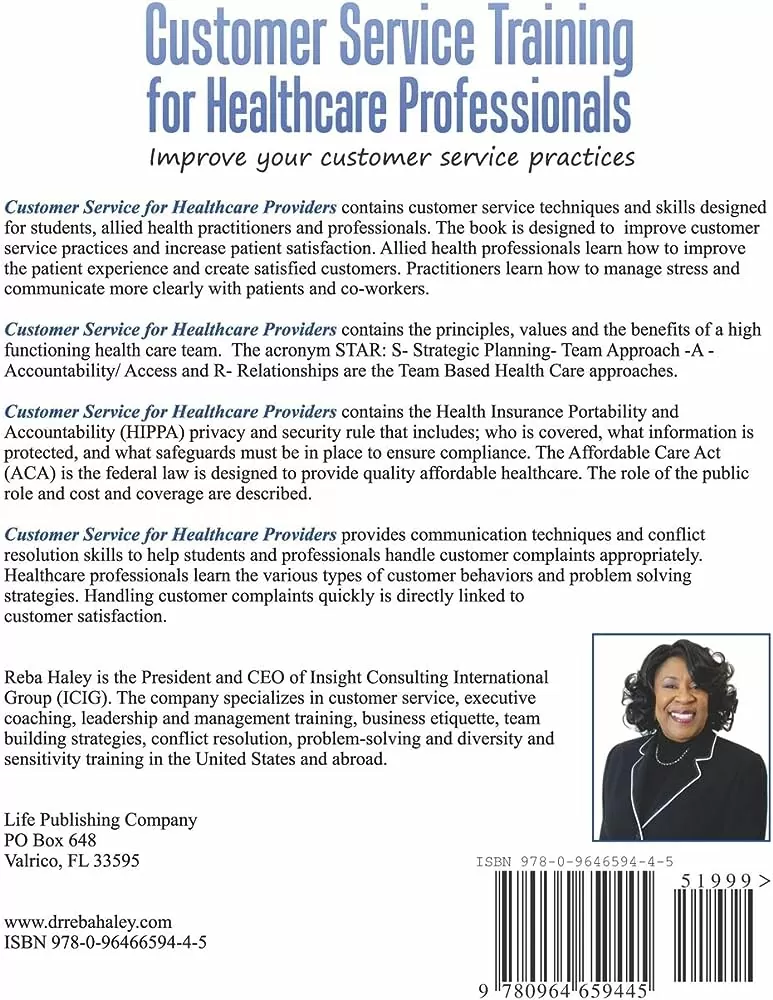How can I improve my conflict resolution skills in a customer support role?


In a customer support role, conflict resolution skills are essential for maintaining customer satisfaction and ensuring smooth interactions. Dealing with irate or dissatisfied customers can be challenging, but with effective conflict resolution techniques, you can turn a potentially negative situation into a positive one. In this article, we will explore various strategies to improve conflict resolution skills in a customer support role, including communication, problem-solving, teamwork, empathy, de-escalation, and conflict management.
1. Effective Communication
Effective communication is the foundation of conflict resolution in any customer support role. It is crucial to actively listen to customers, allowing them to express their concerns fully. By demonstrating empathy and understanding, you can establish a rapport and build trust with the customer. Additionally, using clear and concise language, avoiding jargon, and repeating important information can help ensure that both parties are on the same page.
2. Problem-Solving Skills
Developing strong problem-solving skills is vital for resolving conflicts in a customer support role. When faced with a customer complaint or issue, it is important to approach it with a solution-oriented mindset. Analyze the problem, gather relevant information, and brainstorm possible solutions. Collaborate with colleagues or supervisors if necessary to find the best resolution. By actively seeking solutions, you can demonstrate your commitment to resolving conflicts and improving customer satisfaction.
3. Teamwork
In a customer support role, conflicts may arise that require the involvement of multiple team members. Collaborating with colleagues can provide different perspectives and insights, leading to more effective conflict resolution. By working together, you can share the workload, pool resources, and leverage each other’s strengths. Effective teamwork also fosters a supportive environment, where team members can learn from each other and grow their conflict resolution skills collectively.
4. Empathy
Empathy is a crucial skill in conflict resolution, as it allows you to understand and relate to the customer’s emotions and concerns. Put yourself in the customer’s shoes and try to see the situation from their perspective. Acknowledge their feelings and validate their experiences. By demonstrating empathy, you can create a sense of understanding and build trust with the customer. This can help de-escalate conflicts and lead to more positive outcomes.
5. De-escalation Techniques
In customer support, conflicts can escalate quickly if not handled properly. It is important to be aware of de-escalation techniques to defuse tense situations. Remain calm and composed, even if the customer becomes angry or frustrated. Use a calm and reassuring tone of voice, and avoid responding with aggression or defensiveness. Acknowledge the customer’s concerns and assure them that you are there to help. By de-escalating conflicts, you can create a more conducive environment for resolution.
6. Conflict Management
Conflict management involves addressing conflicts head-on and finding mutually agreeable solutions. When conflicts arise, it is important to address them promptly and professionally. Actively listen to both parties involved, allowing them to express their perspectives. Identify common ground and areas of agreement, and work towards finding a resolution that satisfies both parties. By effectively managing conflicts, you can prevent them from escalating further and maintain customer satisfaction.
Conclusion
Improving conflict resolution skills in a customer support role is crucial for maintaining customer satisfaction and fostering positive relationships. By focusing on effective communication, problem-solving, teamwork, empathy, de-escalation, and conflict management, you can navigate conflicts more effectively and turn them into opportunities for growth and improvement. Remember, conflict resolution is not about winning or losing, but about finding mutually beneficial solutions that leave both parties satisfied. With practice and dedication, you can become a skilled conflict resolver and enhance your customer support role.
Recent Posts
How do I create an engaging and informative online quiz or assessment?
Creating an engaging and informative online quiz or assessment can be a powerful tool for… Read More
What are the most effective methods for managing and reducing work-related stress in the hospitality industry?
Work-related stress is a common issue in the hospitality industry, where employees often face long… Read More
How can I improve my assertiveness and communication skills in a leadership position?
In a leadership position, assertiveness and effective communication skills are crucial for success. Being able… Read More
What are the key elements of a successful employee recognition and rewards program?
Employee recognition and rewards programs play a crucial role in motivating and engaging employees, as… Read More
How do I effectively manage and respond to customer feedback and reviews?
Customer feedback and online reviews play a crucial role in shaping a company's reputation and… Read More
What are the best strategies for effective time management as a stay-at-home parent?
Effective time management is crucial for stay-at-home parents who juggle multiple responsibilities on a daily… Read More